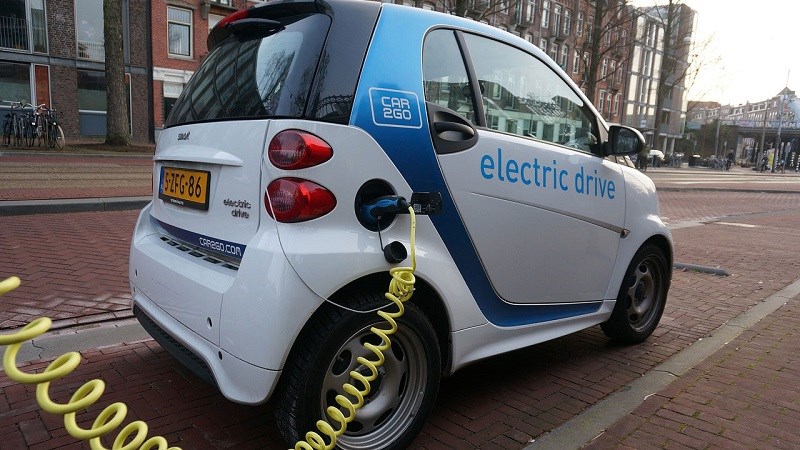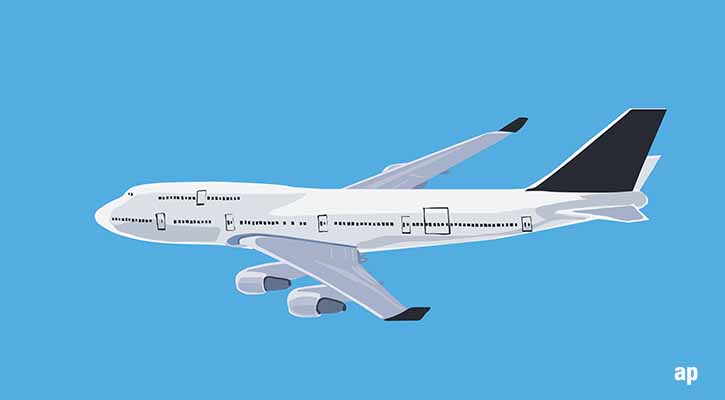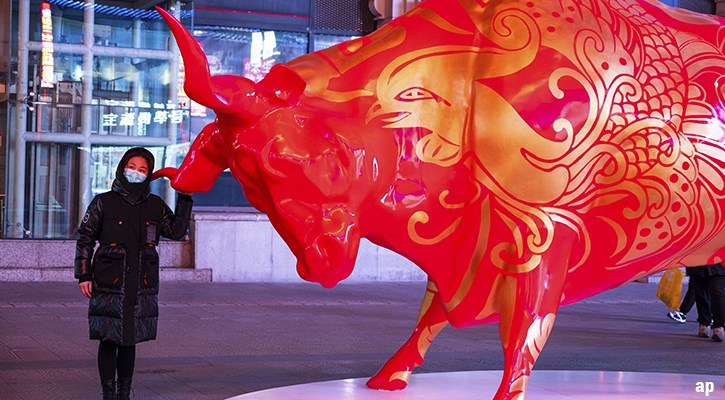
With a certain football tournament reaching its final stages this weekend, we asked our Twitter followers to select a “national champion” among the remaining teams. While the Danish football team have been knocked out of Euro 2020, our readers have selected Novo Nordisk (NOVO B) ahead of Britain’s Reckitt Benckiser (RKT). Wide-moat Novo Nordisk is a pharmacuetical company that controls 50% of the $20 bn global insulin market and is the world’s leading provider of diabetes-care products.
The wider pharma sector has been very much in favour because of the pandemic, and the company’s share price has certainly benefited from increased investor interest in the short-term. Novo Nordisk’s shares are now at all-time highs of around 550 Danish krone, a rise of 27% in a year, and this has pushed them above the Morningstar fair value of 453DKK. This puts the shares into 2-star territory, according to healthcare analyst Karen Anderson. But she says that wider social trends that were in train before the pandemic are like to sustain Novo’s competitive advantage in the long-term. Diabetes is increasing in the western world as people get older and heavier. “The prevalence of diabetes is expected to soar in the coming decades as a result of an increasingly overweight and ageing population, and we expect Novo to maintain its wide moat as it continues to dominate in diabetes and obesity therapy innovation,” Anderson says.
Insulin is the key to daily diabetes treatment and people need more of it as the disease progresses. The market trend is shifting from “human insulin”, a lab-produced product, to “insulin analogs” which are more effective, safer and easier for patients to use. Novo markets these products under the brand names Levemir, NovoLog, Tresiba and Fiasp, and these are sources of competitive advantage for the company, according to Anderson. The company also offers market-leading Type 2 diabetes treatments called “GLP-1 therapies”, a market that is forecasts to grow to be worth nearly $25 billion in the next five years. “Novo is well positioned to defend its formidable diabetes market share,” says Anderson.
The company is also branching out into new and potentially highly profitable markets for the treatment of Alzheimer’s and liver disease. Still, Anderson says that the lucrative US drug market is a potential challenge for Novo Nordisk, not least because of competition from wide-moat Sanofi (SAN) and Eli Lilly (LLY) in insulin treatments. US drug pricing reform under changes to Medicare is also a threat to Novo as the company earns around half of its sales from the country. But Anderson thinks that Novo is less exposed to political changes than its rivals because its products are cheaper.
According to ratings agency Sustainalytics, Novo Nordisk has an ESG Risk Rating of Medium but it ranks highly for corporate governance. This risk rating stems from the company’s exposure to litigation in the US market. “Novo Nordisk’s main market is the US, where patient litigation is common. Ensuring the quality and safety of its products is essential to avoid expensive recalls and legal risks. In addition, insulin manufacturers, such as Novo Nordisk, are facing mounting pressure to lower their list prices, and this increases risks for the company due to its high revenue concentration (80%) from diabetes drugs.” Overall though, the company has “strong policies and programmes that address product quality and safety”, Sustainalytics says.
Novo Nordisk is held by a range of rated European fund managers, including Alexander Darwall, who runs the Silver-rated European Opportunities Trust (JEO). Ben Ritchie, head of European equities, Aberdeen Standard Investments and manager of ASI Europe ex UK Equity, thinks that Novo Nordisk is one of the region’s strongest companies and is a “robust and dependable” stock that offers “unexciting but less volatile returns”. With a yield of nearly 2%, it’s also prized as a reliable income-producing stock and increased its payout last year amid the dividend crisis.





























